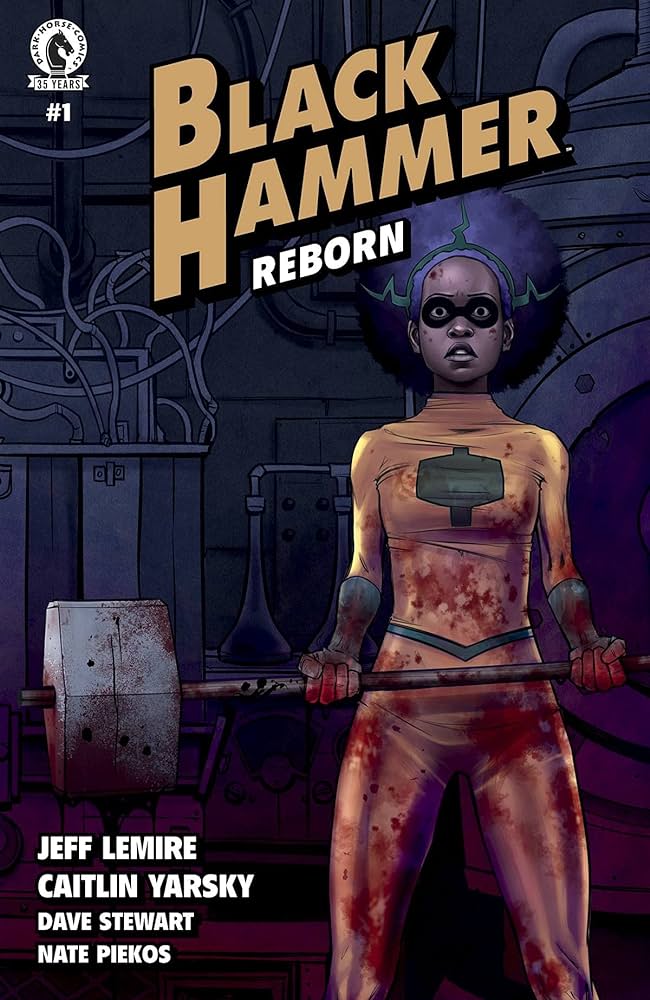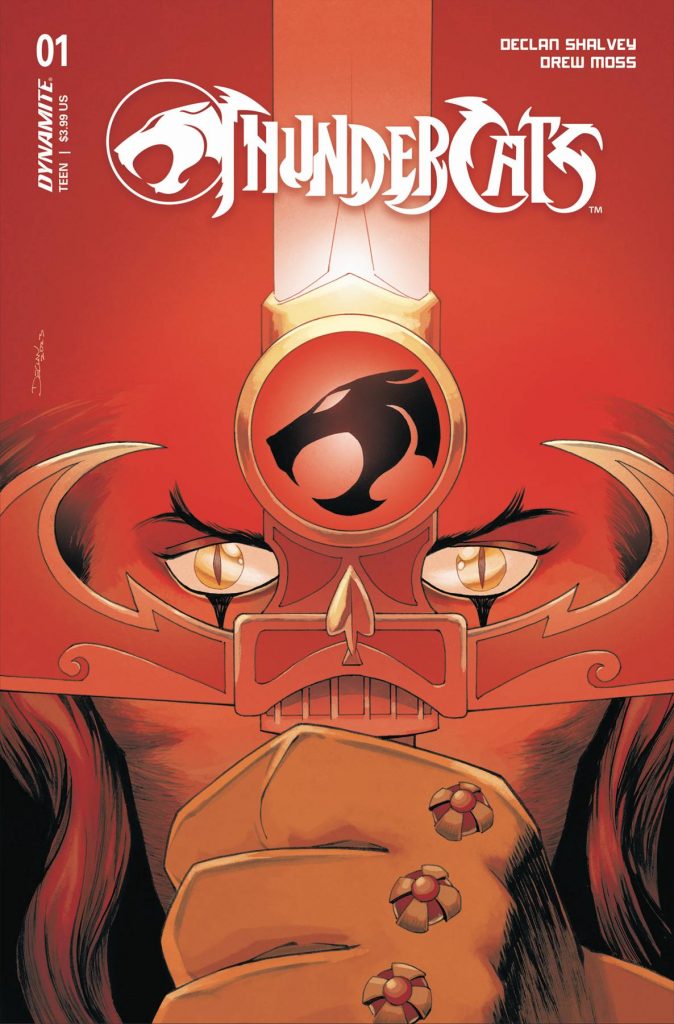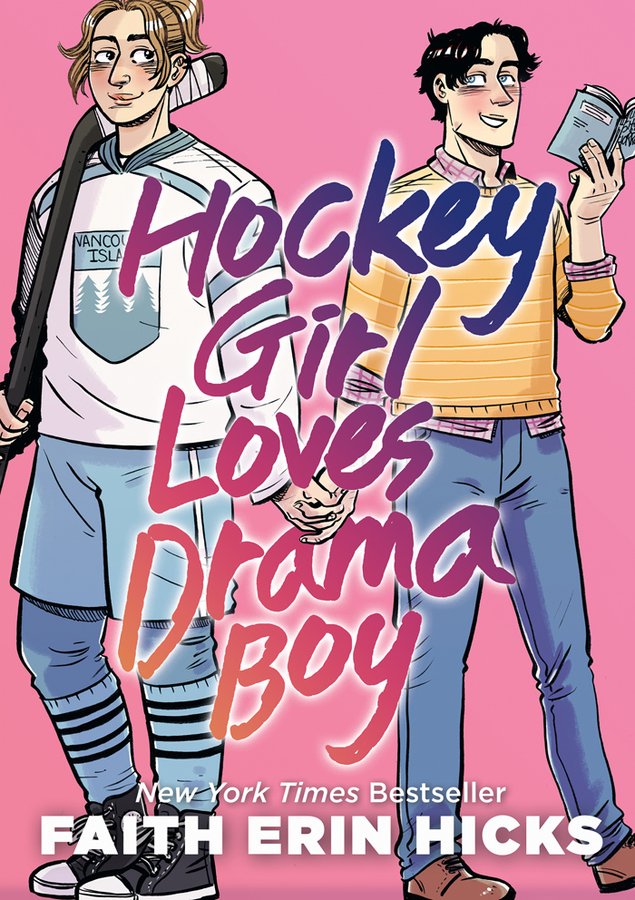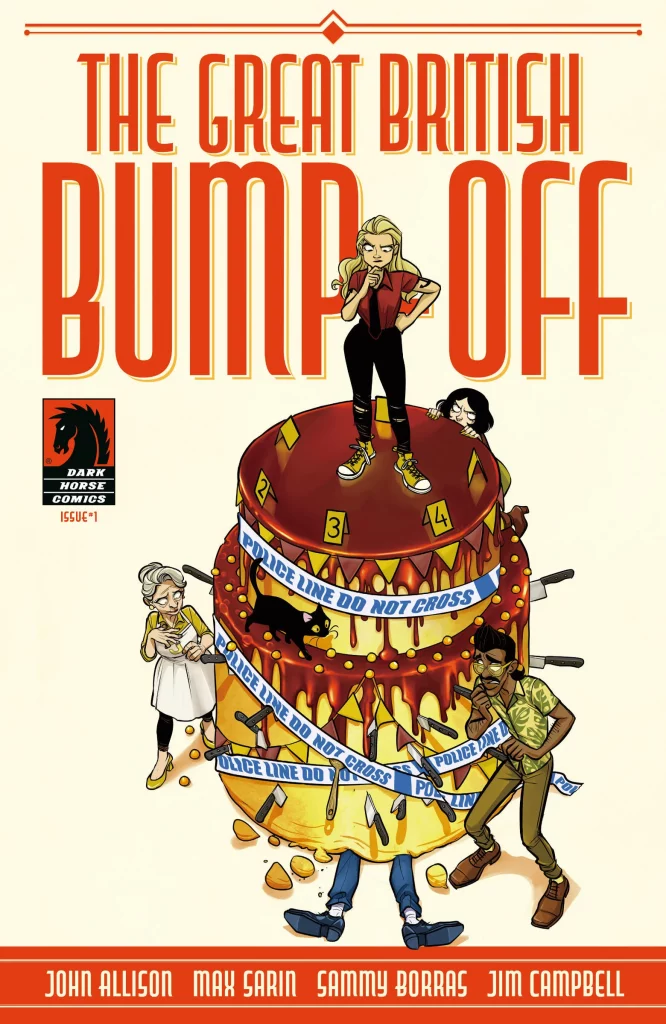“The Way You Read Them Evolves”: Creators on How Making Comics Changes the Experience of Reading Comics
It’s always been interesting to me how someone’s work changes their view on the world. No matter your occupation, you’ll notice different things from others simply because of that work. Whether you’re an architect who can’t help but find interesting details in buildings that others would miss or a chef that deeply contemplates every meal they have, what we do for a living changes how we view and engage with the world and everything in it.
But what happens when your work is connected to something you typically enjoy? Does that have a greater impact on your life, as a hobby becomes a job? Maybe, if I’m any proof. I write and podcast about comics as my side hustle, and doing so impacts my experiences as a reader in ways I’m both aware and unaware of. And I just talk about them! I’m comics-adjacent, not someone who actually creates stories in the medium. I’ve always wondered how doing the work impacts the folks who make comics, and whether they see a shift in how they engage with comics. Do they read more? Do they read less? Does doing it for a living change how they do those things? As per usual, I had questions.
The good news is, I know folks who have answers. I recently reached out to an array of creators to get their perspective on how creating comics impacts how they engage with the medium as readers, and it honestly proved to be even more interesting than I expected it to be. My original plan was to turn this into a written feature, one where I editorialized around the answers, providing context and unifying thoughts along the way. But as answers came in, it quickly became clear that this subject was one creators had thought about a lot already, and the only way to do them justice was to run their answers in full. 4 So, that’s what I did, with an array of creators providing incredible insight into this subject.
That said, while answers are largely completed, some were edited for length and clarity. They’re also ordered alphabetically by first name.

Caitlin Yarsky (Black Hammer: Reborn, Swan Songs)
Working in the industry has made me more critical of the comics I read, for better or worse. I study the way artists find visual solutions, how they play with color and anatomy, texture etc. Because of this, I don’t read a lot of comics these days — it just feels too much like homework, if that makes sense. But I’m always on the lookout for art and writing styles that inspire me in my own work. This is especially true for things I dislike drawing (such as city buildings or cars); if I find someone who has an interesting stylistic approach, it helps me think outside the box so that I can enjoy the process more.

Declan Shalvey (Thundercats, Old Dog)
The most frustrating and honest answer is that I’m not reading enough comics as a reader. It’s more for research than anything else or to promote creators I like. I don’t get to read for pleasure as much as I’d like to and just engage purely at that level. I never wanted to be one of those creators, so it’s an internal struggle for me.

Faith Erin Hicks (Hockey Girl Loves Drama Boy)
The very short answer to this question is that I currently struggle a lot to read comics because they remind me of “work.” But it was actually a long process to get to this stage, and my relationship with comics as a reader has really changed over the last decade. In the beginning of my journey as a cartoonist, I couldn’t get enough of comics. I felt like every comic I read opened some new secret door that would better me as a creator. I felt like I *consumed* comics, swallowed whole the work of better, more experienced creators, stuffed what I’d read into the back of my brain and tried to make what I’d read come out in my own comics. I read everything I could get my hands on. Kids comics, manga, memoir, fantasy, superhero comics, everything! But in recent years, my comic reading has really dropped off. I still really enjoy a well made comic (just finished Emily Carroll’s A Guest in the House, what a banger!), but I don’t want to read every comic being published, and have become much more selective in terms of genre. I don’t read something just because it’s a comic. I want a good story with good artwork that is the kind of story I enjoy as an adult reader.
I think the reason I’ve dropped off reading every comic I could get access to is because my skills as a cartoonist have matured, and comics feel less like a puzzle I’m trying to solve, and more like “work.” I understand sequential storytelling a lot better now, and I’m not looking to the work of others to make my own work better. Also, I’ll sometimes pick up a comic, read a few pages and disagree with the artistic choices the cartoonist has made, and it makes me not want to continue reading the comic. That’s my pro cartoonist brain messing things up, but at this point in my life, it’s impossible to switch off.
It’s a bit of a bummer, to be honest! I miss the heady early days of trying to figure out this art form, and feeling swept up in the comics made by other creators. But now when I read comics, I want to read for enjoyment, so I’m much more selective. And I usually gravitate towards genres that I naturally enjoy, like fantasy, science fiction and romance (so maybe more manga than western comics. My current fave is Delicious in Dungeon). Also, I want to read comics in those genres that are aimed at an older audience, because I’m an adult. I want comics made for me as a reader, much like I did when I was a young woman in the 90s and Aughts (a readership very underserved by comics at that particular time).

John Allison (The Great British Bake Off)
I think the hardest gap to leap for any comic creator – indeed anyone in any art form – is the gulf between the consumption and creation. They’re two such different things. One is easy and pleasurable, one is frequently a journey into the chasms of one’s own awful personality, trying (and failing) to simulate the feeling you got from the things you liked. Crossing that gulf colored how I read comics for pleasure.
Once I was seriously making work, and felt I was progressing professionally (rather than just playing), I began to read comics differently. I looked at my more-gifted contemporaries to see what marks I should try to hit, and, separately, the giants off in the distance. I could still enjoy their work in a pure way. The same was true of comics that seemed to be touched with a grand madness, something that I wouldn’t necessarily want to absorb into my own practice but that surprised and amused me, no matter how primitive.
Inevitably, the moves that surprised me in the past don’t surprise me now. So I am looking for something different, again. After 25 years, the wild cards remain as exciting to me as they ever did. The giants feel less remote, and less numerous, but I love seeing comics that I know I will never come close to matching in my lifetime.
The things I like reflect now the jaded appetites of a career professional. Most comic book writing leaves me cold, but that’s half the reason I started making my own comics in the first place. I like writer/artists, people hacking out an idiosyncratic vision. All the best comics are an idiosyncratic vision! I just want to be surprised, and entertained. It’s harder to entertain me with any old comic now than it was when I was 13, but I think I probably read about as many comics as I did when I was 25. I just choose them more carefully. My buttons remain pushable.
subscribers only.
Learn more about what you get with a subscription
One note: The majority of these answers came via email. The only one that didn’t was Kieron Gillen’s, who I asked before we recorded this week’s podcast. If it reads differently, now you know why.↩
One note: The majority of these answers came via email. The only one that didn’t was Kieron Gillen’s, who I asked before we recorded this week’s podcast. If it reads differently, now you know why.↩
Posts on BlueSky.↩
One note: The majority of these answers came via email. The only one that didn’t was Kieron Gillen’s, who I asked before we recorded this week’s podcast. If it reads differently, now you know why.↩
